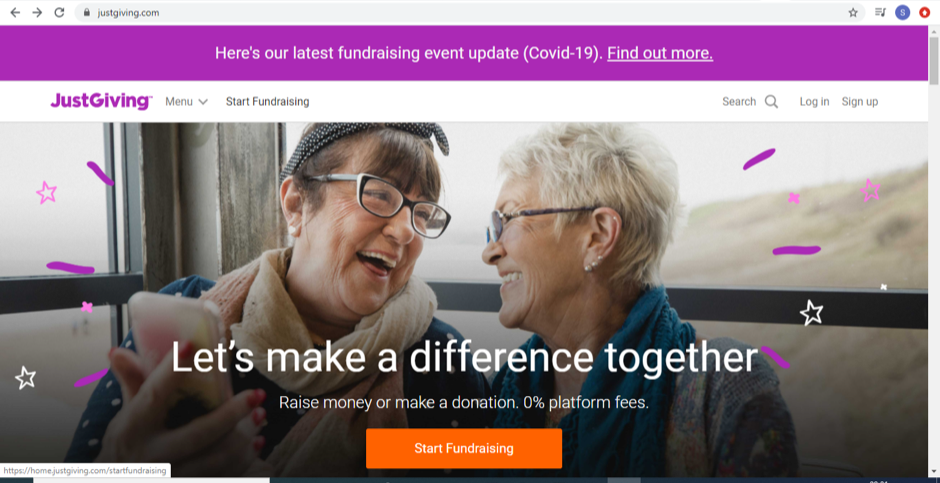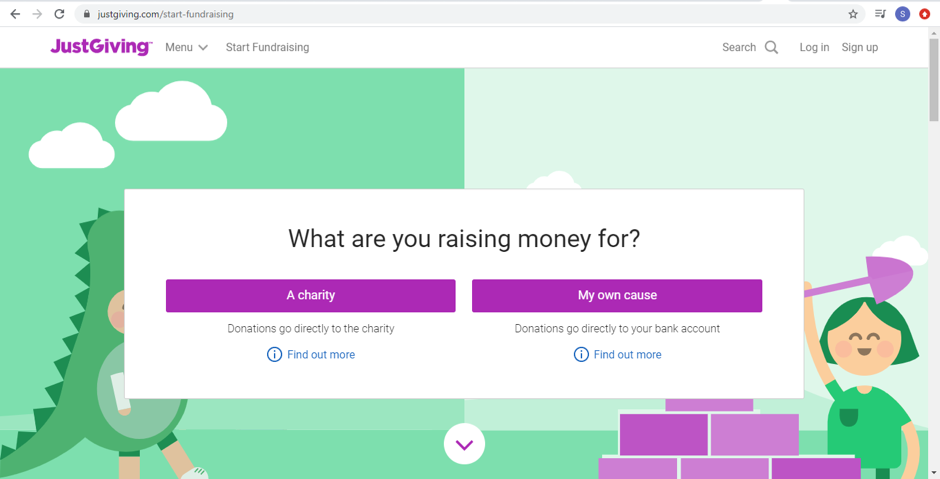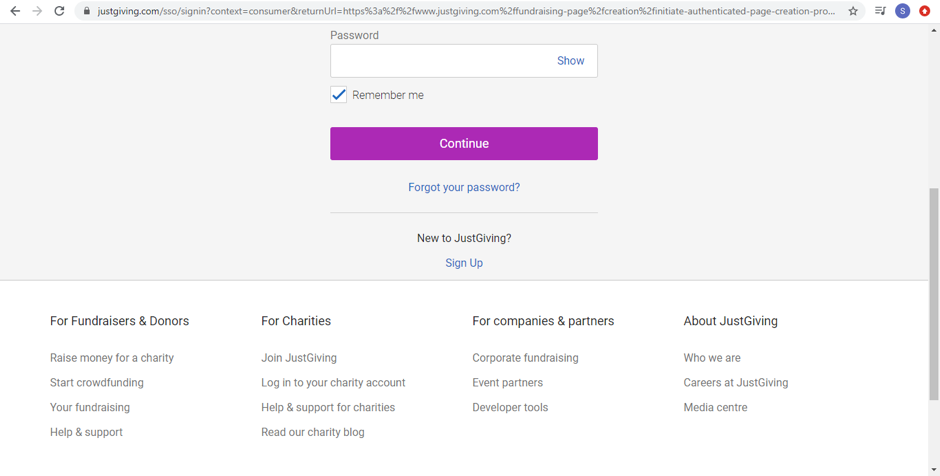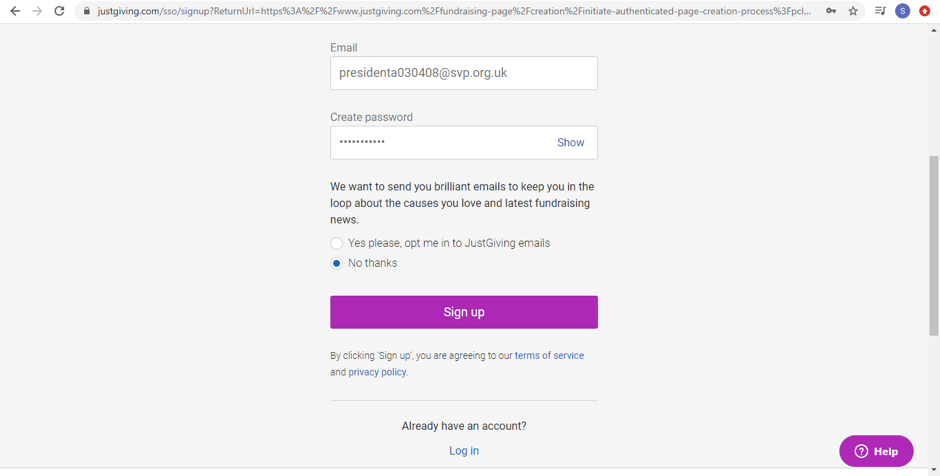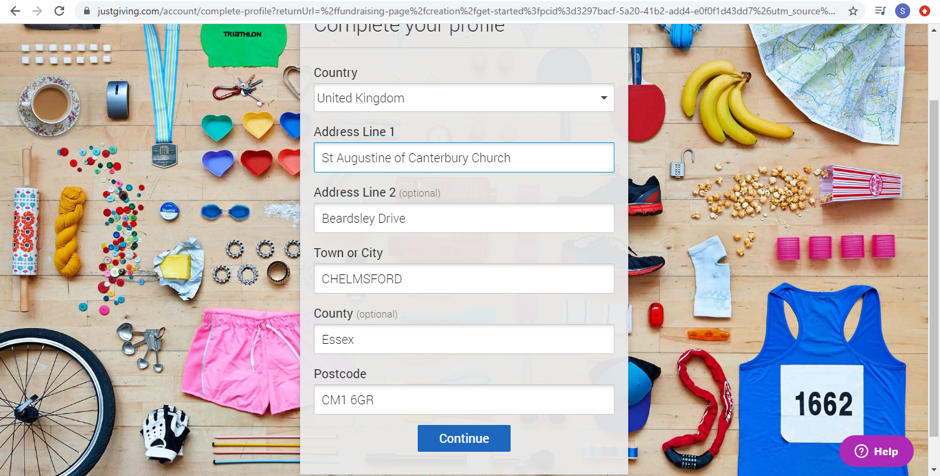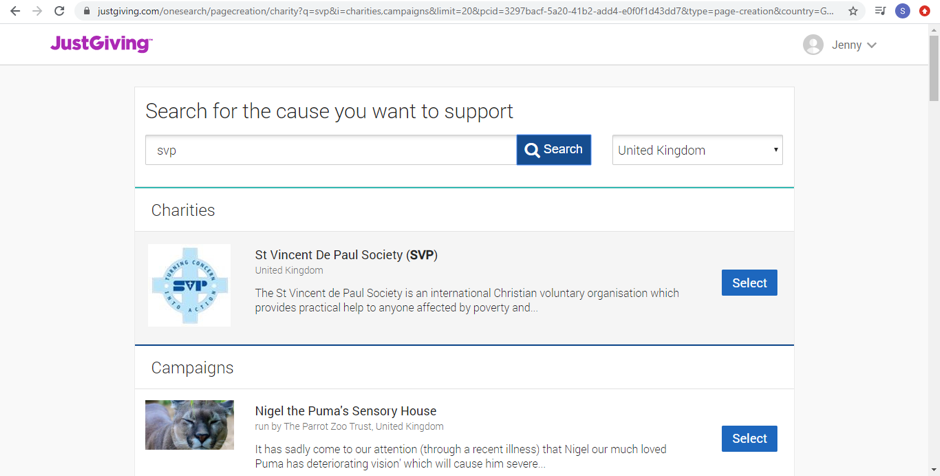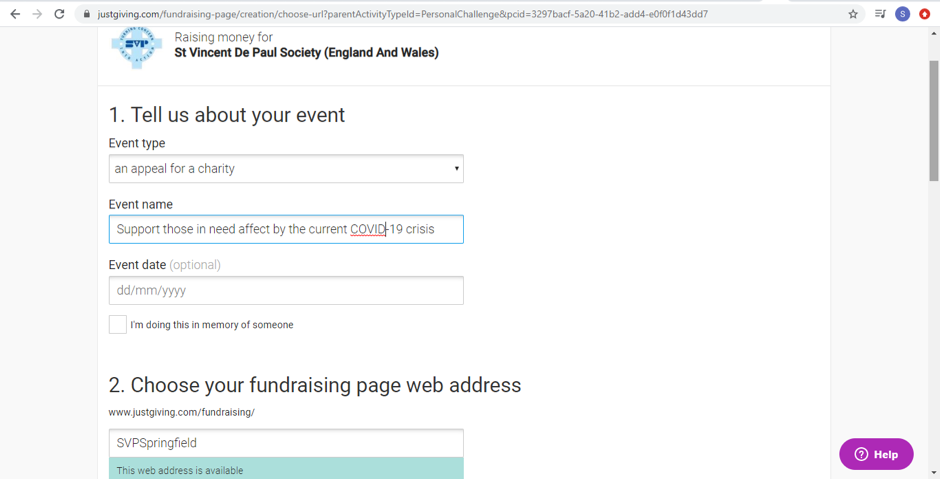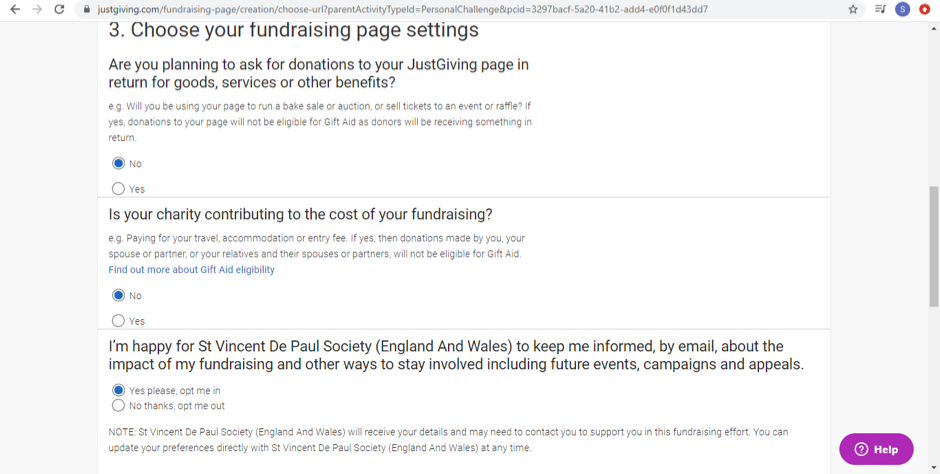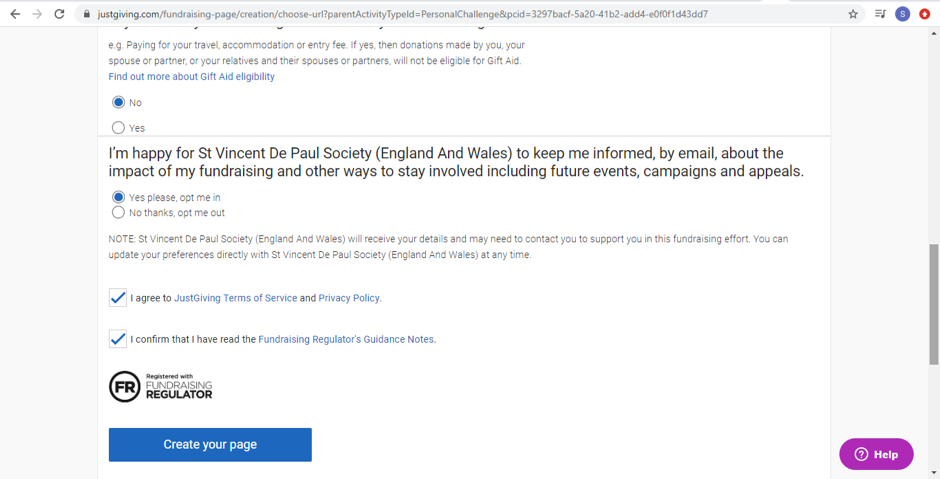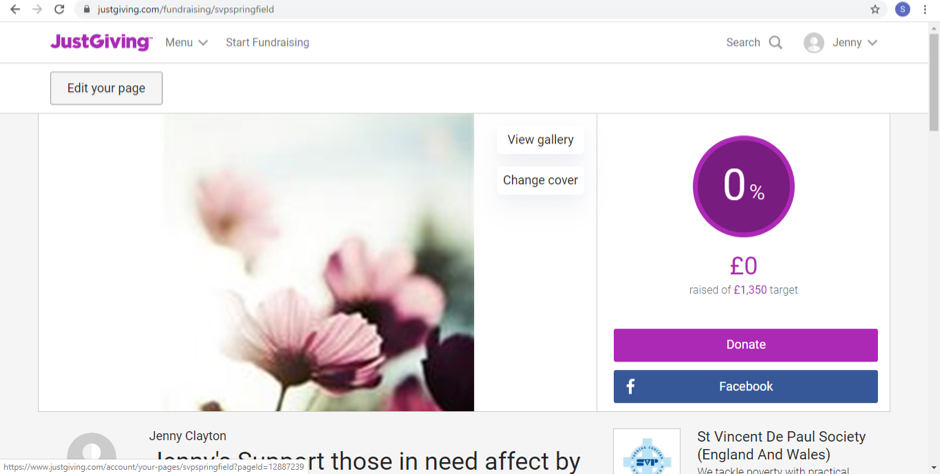1. Stick to the facts
Find a source you trust – such as GOV.UK or the NHS – for information about risks so you can take sensible precautions. Fact-check information from the news, social media or other people against trustworthy sources so you can make sure not to share information that could cause worry or lead people to do things that are unhelpful.
2. Connect with people
Maintaining healthy relationships with people we trust is important for our mental wellbeing. Whether it's in person, over the phone, via messages or online, talking to others can help you develop a balanced view of the situation and make you both feel better. There are also a variety of online quizzes and other socials, often run by pubs, clubs community groups and other organisations local to you. Google, Facebook and other social media can provide easy links to such important outlets to connect with friends and others.
3. Talk about your worries
It's normal to feel a bit worried, scared or helpless about the current situation. Remember: it is OK to share your concerns with others you trust – and doing so may help them too.
If you cannot speak to someone you know or if doing so has not helped, there are plenty of helplines you can try instead. We provide a list of helplines below.
4. Support and help others
Helping someone else can benefit you as well as them, so try to be a little more understanding of other people's concerns, worries or behaviours at this time.
Try to think of things you can do to help those around you. Check in with friends, neighbours or colleagues who may be vulnerable or self-isolating and offer help or encouragement. Little things add up.
5. Make a plan
Thinking and planning ahead for if you need to stay at home should help you feel more prepared and less concerned. Think through a normal week: how might it be affected and what would you need to do to solve it?
If you would prefer not to stay where you usually do, consider whether there are other options available, like staying with family or friends. Remember, it's really important to follow the social distancing and stay at home guidance when it comes to seeing and being around others.
6. Look after your body
Our physical health has a big impact on how we feel. Try to eat healthy, well-balanced meals, drink enough water and exercise regularly. Avoid smoking or drugs, and try not to drink too much alcohol. It can be easy to fall into unhealthy patterns of behaviour that end up making you feel worse.
There are now various online exercise sessions, including Jo Wicks Body Coach on Facebook and Youtube, including a chair workout for any feeling slightly less energetic. ‘Move it or Lose it’ are also offering free sessions for adults on their Facebook page.
7. Stay on top of difficult feelings
Concern about the coronavirus outbreak is perfectly normal. However, some people may experience intense anxiety that can affect their daily life.
Try to focus on the things you can control, such as your behaviour, who you speak to, and where and how often you get information. It's fine to acknowledge that some things are outside of your control, but if constant thoughts about coronavirus are making you feel anxious or overwhelmed, try some ideas to help manage your anxiety or listen to an audio guide.
You could also limit the time you spend watching, reading or listening to coverage of the outbreak, including on social media, and think about turning off breaking-news alerts on your phone. You could set yourself a specific time to read updates or limit yourself to a couple of checks a day.
8. Do things you enjoy
If we're feeling worried, anxious or low, we might stop doing things we usually enjoy. Focusing on your favourite hobby, learning something new or simply taking time to relax with others will help with anxious thoughts and feelings. Try to make an active effort to do things you like.
9. Focus on the present
Focusing on the present, rather than worrying about the future, can help with difficult emotions and improve our wellbeing. Relaxation techniques can also help some people deal with feelings of anxiety.
10. Look after your sleep
Good-quality sleep makes a big difference to how we feel mentally and physically, so it's important to get enough. Try to keep a regular sleeping pattern and follow good sleep practices.
